A lack of bread, power, and fuel – Lebanon under crisis. They need organizations like PCPM
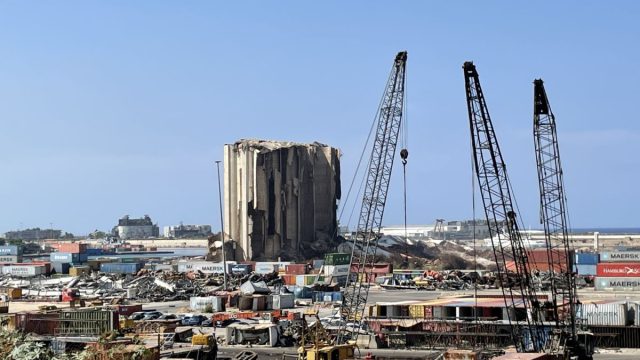
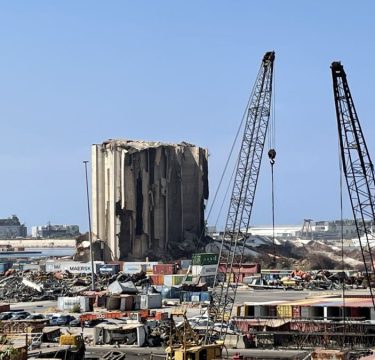
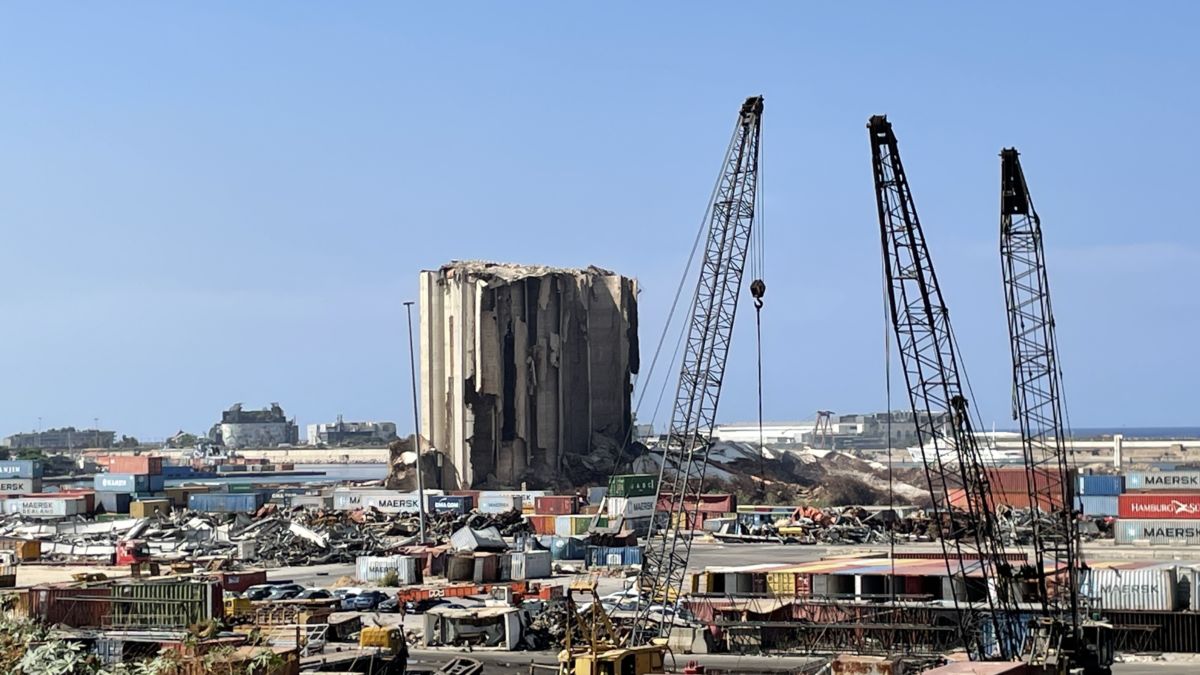
A daily struggle of the Lebanese is withdrawing money from their bank accounts. The most they can take out is the equivalent of their monthly pay; this leads to a situation where the citizens rob banks to get their money. The Polish newspaper, ‘Tygodnik Powszechny’ wrote about one of the bank robberies. The newspaper describes 28-year-old Sali Hafez robbing a bank using a toy gun. In another story, a Lebanese woman wanted to receive her money after countless denies of the bank withdrawal. She went away with $12,000 and 30,000,000 Lebanese pounds (the equivalent of 800 USD). The young woman needed her savings for her sick sister. As the newspaper describes, the lady even considered selling her kidney.
Before the outbreak of the civil war in 1975, Lebanon had the nickname; ‘The Switzerland of the Middle East’. ‘There are many similarities between these two countries – for example, a small administrative area, mountain ranges covered with snow, social diversity, and first and foremost developed banking system. Lebanon was appreciated internationally for its moral liberalism and inner stability’ – the newspaper wrote a couple of weeks back.
Ever since the end of the war in 1990, Lebanon has started to rebuild its economy. The Lebanese pound exchange rate to mid-2019 was relatively stable – $1 – 1500 LBP. ‘Not long ago after, the Lebanese banking system was known as one of the best in the world; however, based on fraud, which allowed high-hierarchy officials to perceive money laundering. The accomplishment of (Raida) Salam is a so-called ‘Ponzi scheme’ – a kind of finance pyramid’ – Tygodnik Powszechny explained. Over 3 years, the local currency has lost more than 95 percent of its market value; currently, the rate stays at $1(USD) to (approx.) 30 000 Lebanese Pounds (LBP).
Since the currency exchange rate went on a downward spiral. Lebanon started to deal with crises. ‘Here we are dealing with political, economic, water, food, fuel, and medical crises at once. The biggest challenge is probably the energy crisis. Sometimes one crisis stems from another, for example, as a result of the economic crisis, Lebanon cannot afford to buy electricity or gas from other countries’ – The Weekly wrote. For the latter reason, energy is put under rationing, resulting in a situation where not everyone can have a refrigerator at home, which requires electricity to be on all the time. ‘In my house, the electricity from the grid is only one hour, and that is every one or two days’ – reported Ghina, who works on the ground for the Polish Center for International Aid (PCPM) Foundation. ‘This is as much as nothing, so we have to pay extra for a generator. But not everyone can afford it’ – She added.
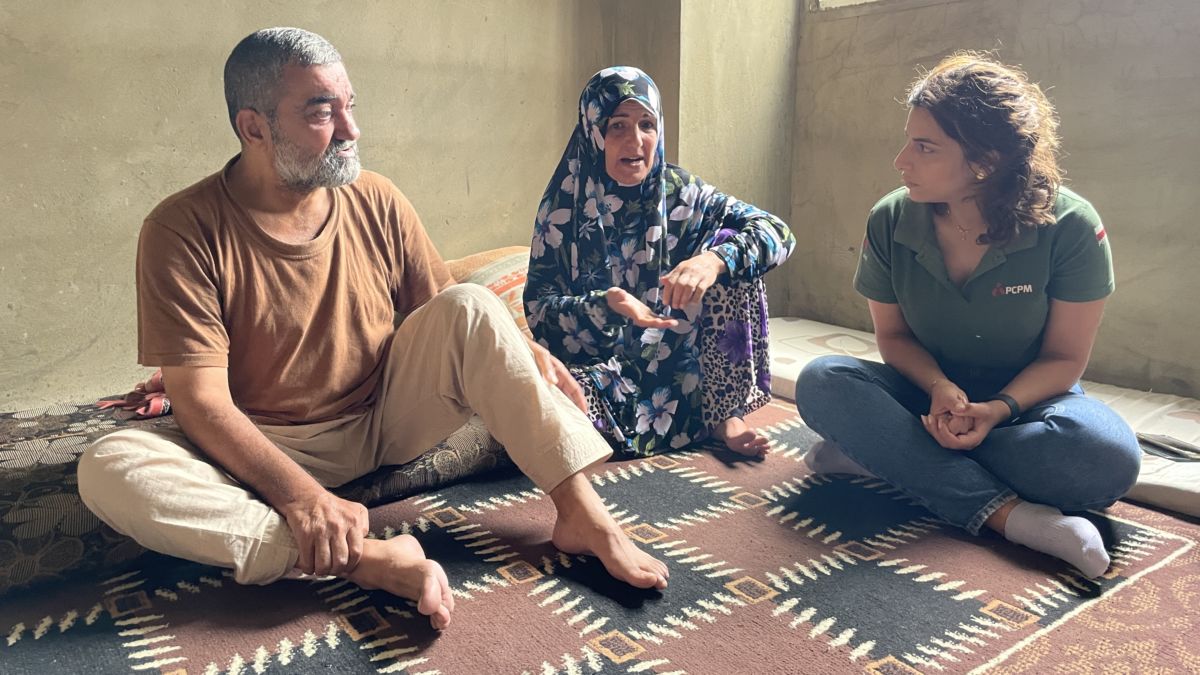
It is not only electricity getting more expensive, but also the price of fuel has rapidly grown, as a result of the prices of other products, with which the cost of transportation is associated, rising. The most basic products are also becoming more expensive. As Tygodnik Powszechny describes, bread has become thirteen times more expensive, since October 2019, on top of which there is often a shortage. ‘Someone who used to earn one and a half million pounds, or a thousand dollars at the rate of a few years ago, can now get, for example, 7 million pounds. But today it is less than $200. It is impossible to survive on such an amount’ – Ghina concluded.
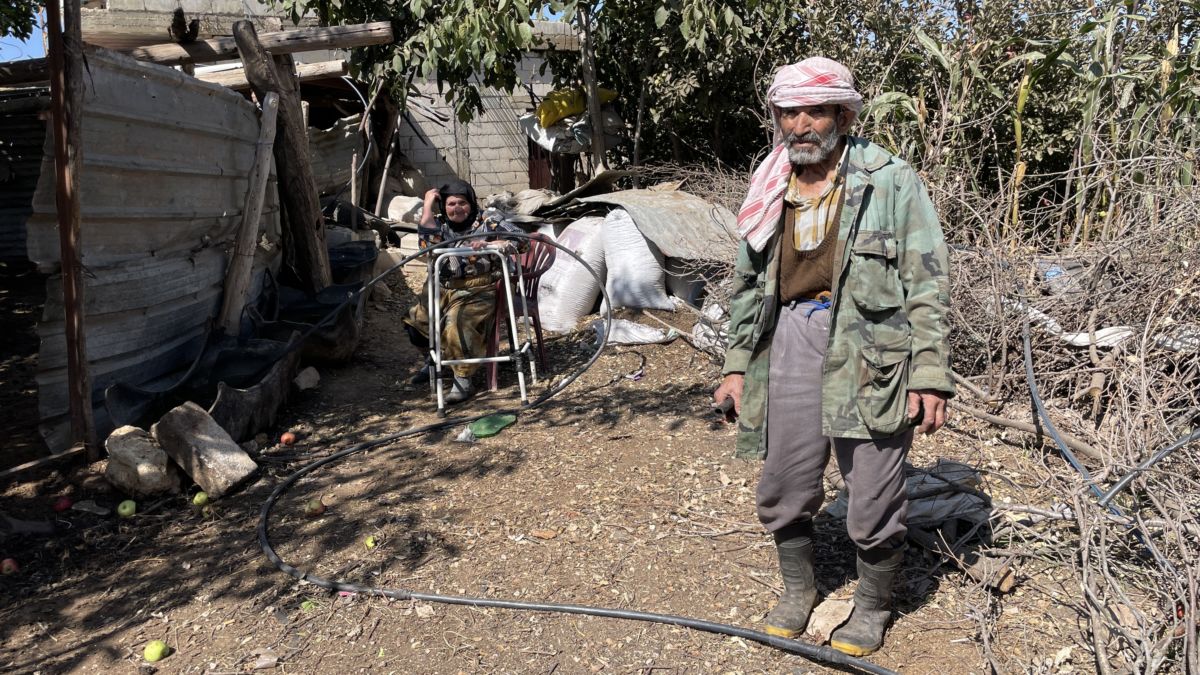
We publish up-to-date information about our actions on Twitter.
Instagram – @fundacjapcpm
Facebook – Polish Center for International Aid(PCPM)